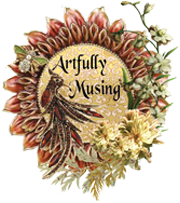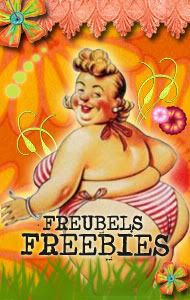Entrance to a typical Balinese home through the courtyard-Ubud July 2011
My 1st trip to Bali was in the 90s when travellers were still talking about the three Ks of backpackers heaven- Kuta Beach in Bali, Khao San Road in Bangkok and Kathmandu in Nepal. I saw Bali then as a student, spending my days mostly suntanning in the beaches of chaotic Kuta, staying in budget hotels and constantly being hassled by touts, rude drivers and peddlars. Bali did not leave a lasting impression for me.
Top of a Hindu Temple at Ubud Market- July 2011
I enjoyed Bali a lot more this time around because this time, I saw Bali as a builder of Indian houses albeit in dollhouse scale. My interest and participation is as deep as an architect's, perhaps more so in certain aspects as every little detail is an exercise in re-invention and re-engineering for the replication in tiny scale.
Taman Ayun Temple, Mengwi
Bali, also known as the Island with a Thousand Temples, where more than 90% of its people are Hindus, appears to have more temples than houses. These temples were built in muted colours, often relying on the natural hues of the materials used. Despite being heavily influenced by the Indians and the Chinese, the Balinese practise a restraint in their use of colours not shared by the other two. I think that's why I favour Balinese architecture and landscaping.
Taman Ayun Temple, Mengwi
Tanah Lot Temple on Kuningan,the last day of the Galungan Festival
Tanah Lot
These temples- whether they are built in the middle of a heavenly garden, lying in the middle of the sea or erected against the mountains- are all exquisite, magnificent, mystical.
Decorations on the streets for the Galungan Festival
We were in Bali during the
Galungan Festival. A major
festival in Bali, it is held throughout the island and is an annual event in the wuku year or every 210 days according to the Balinese calendar.
During this ten day period, all the gods, including the supreme deity Sanghyang Widi, come down to earth for the festivities. Everyone decorates their houses with bamboo and young coconut leaves.
Women at Tanah Lot
And women bring offerings of colourful rice cakes to the temple for prayers.
The young, the old, women and men don their best traditional sarongs and kebayas. And on Kuningan, also the last day of the festival and the day all the deities return to heaven, Balinese line the streets to watch the procession of the Barongs prancing from temple to temple and village to village.
Taman Ayung Mengwi
Balloons sold at Taman Ayung
Barbecued chilli corns -Taman Ayung
We visited only two of the thousand temples but both were unforgettable experiences. Taman Ayung was crowded with families as it was Kuningan and the last weekend of the holidays before school started. There were little children carrying the most unusual balloons , wearing the cutest animal hats. We also had the best barbecued corns ever for a mere 3000 rupiah or 40 Singapore cents.
Crowd at Tanah Lot Temple watching sunset
A picture perfect sunset at Tanah Lot
There was also a crowd at the Tanah Lot Temple but less boisterous, patiently waiting. A hush came over them when the moment arrived, the happening of the legendary sunset of Bali.
Musicians at Maya Resort Ubud
And so this is Bali,
where traditional music is played to the beat of the winds in the padi fields,
Attendant at Maya Resort Ubud
where men wear flowers behind their ears and
Mi Bakso, Mi soto and crispy prawn crackers, Seminyak
where great food can be had for a dollar.
It is where the eternal song of OM is celebrated in every element of nature,
in a rock, a dagger or a piece of woven cloth.
It was also where I rested my feet for 4 days and 3 nights in blistering July
and had a vacation that was restful yet eventful at the same time.






































































































































































































